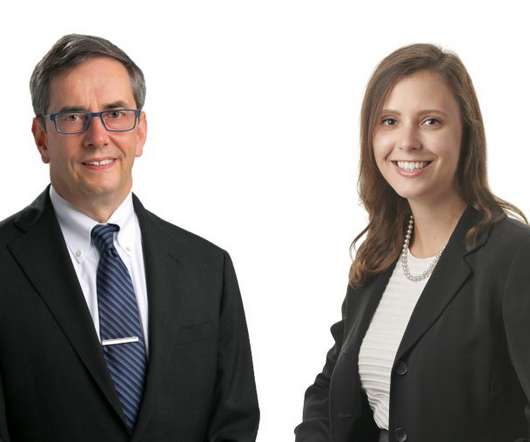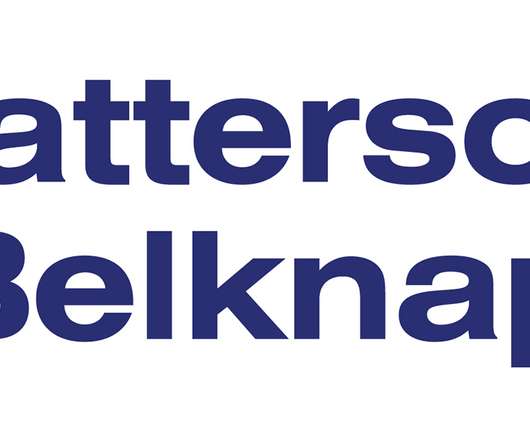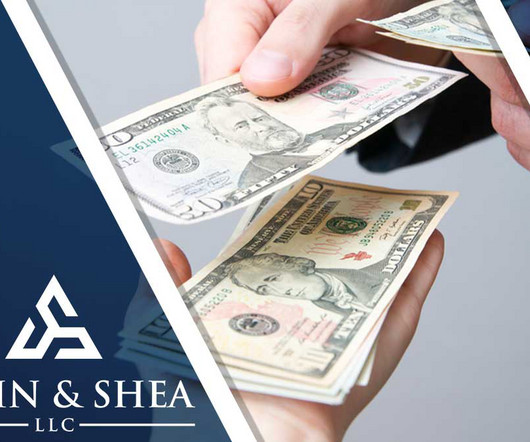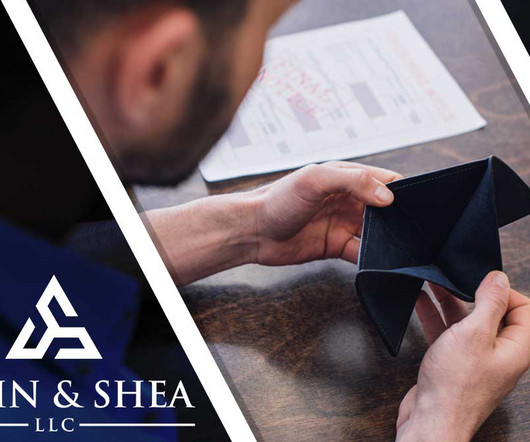As Chapter 11 Bankruptcy Filings Surge, Here’s What Creditors Need to Know to Protect and Enforce Their Rights
Fraser
JUNE 25, 2020
Such relief may include a request to pay some unsecured creditors (such as employees or “critical vendors”) ahead of others. It is important for creditors and their advisors to carefully review “first day” motions in order to know how their rights may be affected, and take action as appropriate. Plan Confirmation Issues.























Let's personalize your content